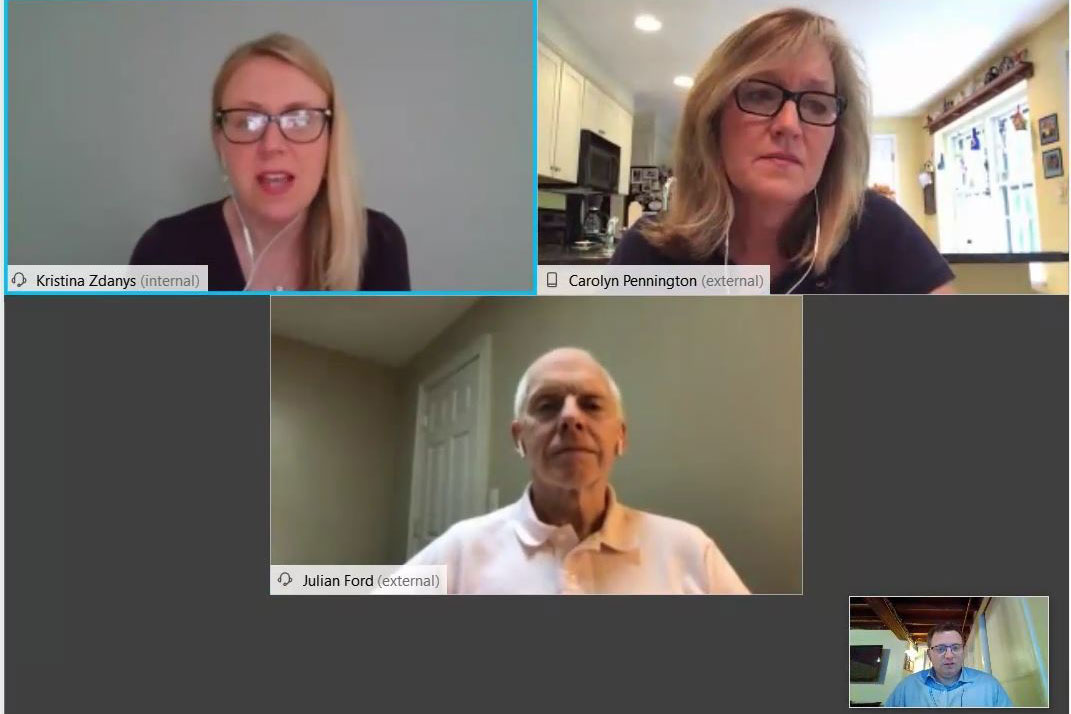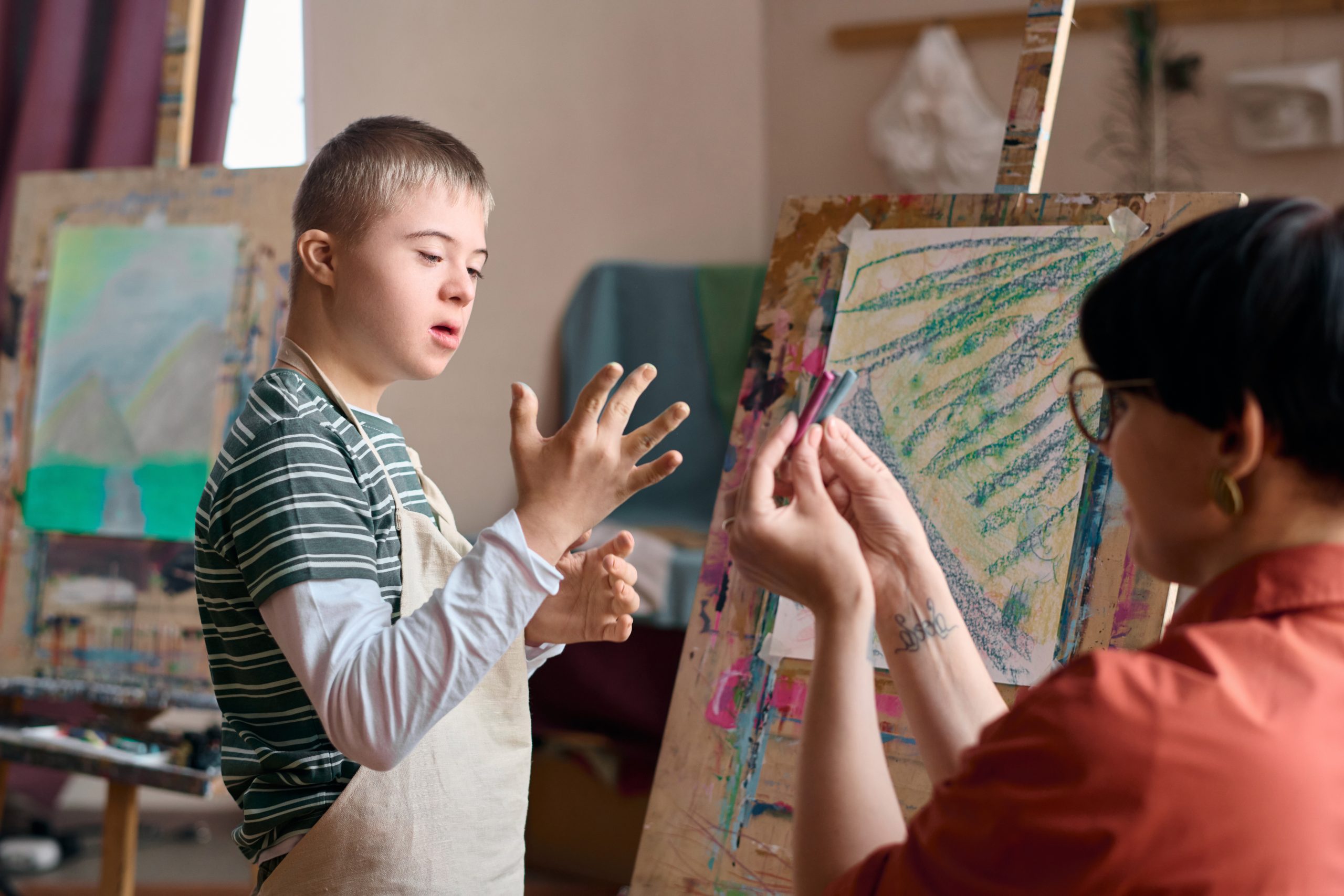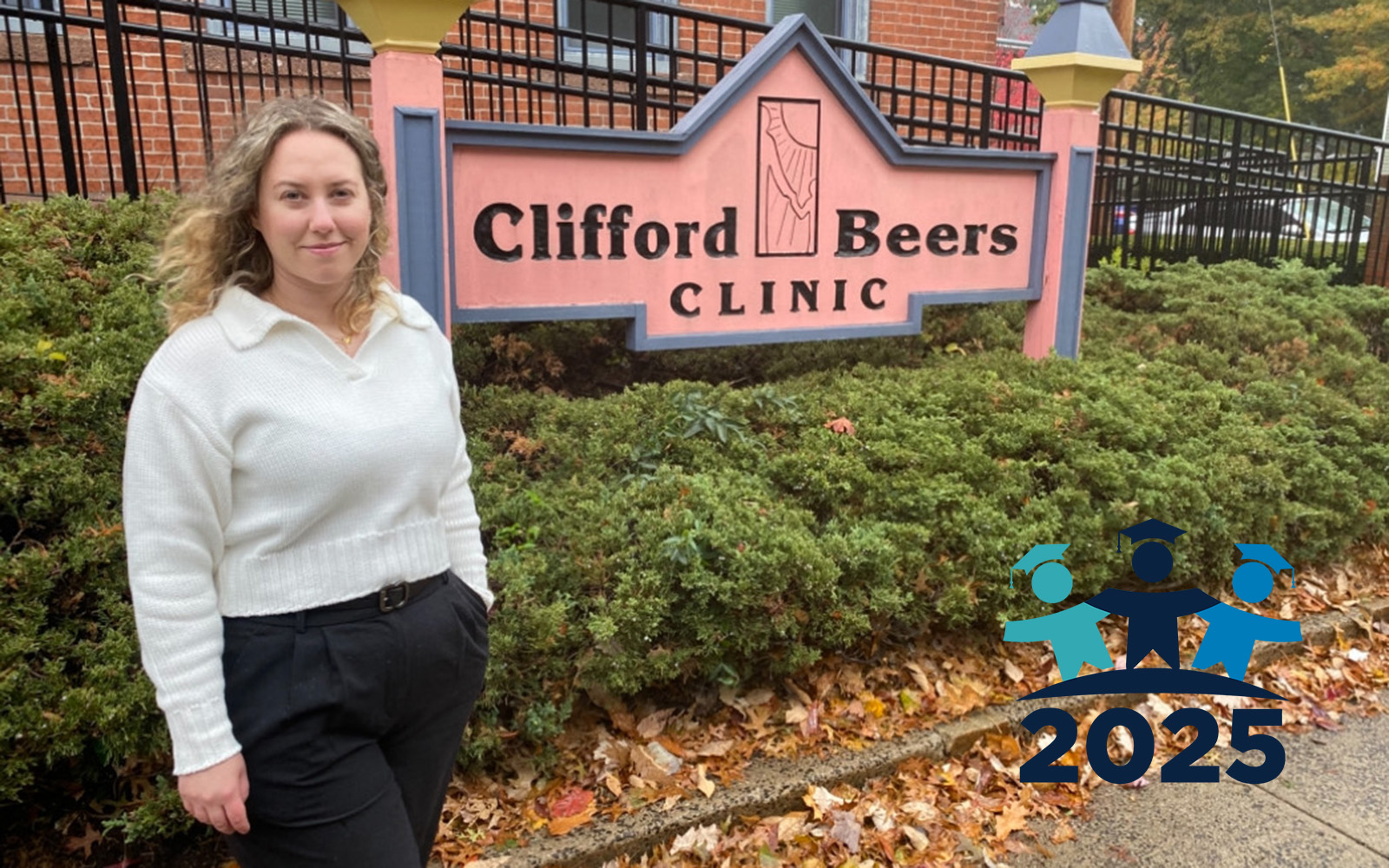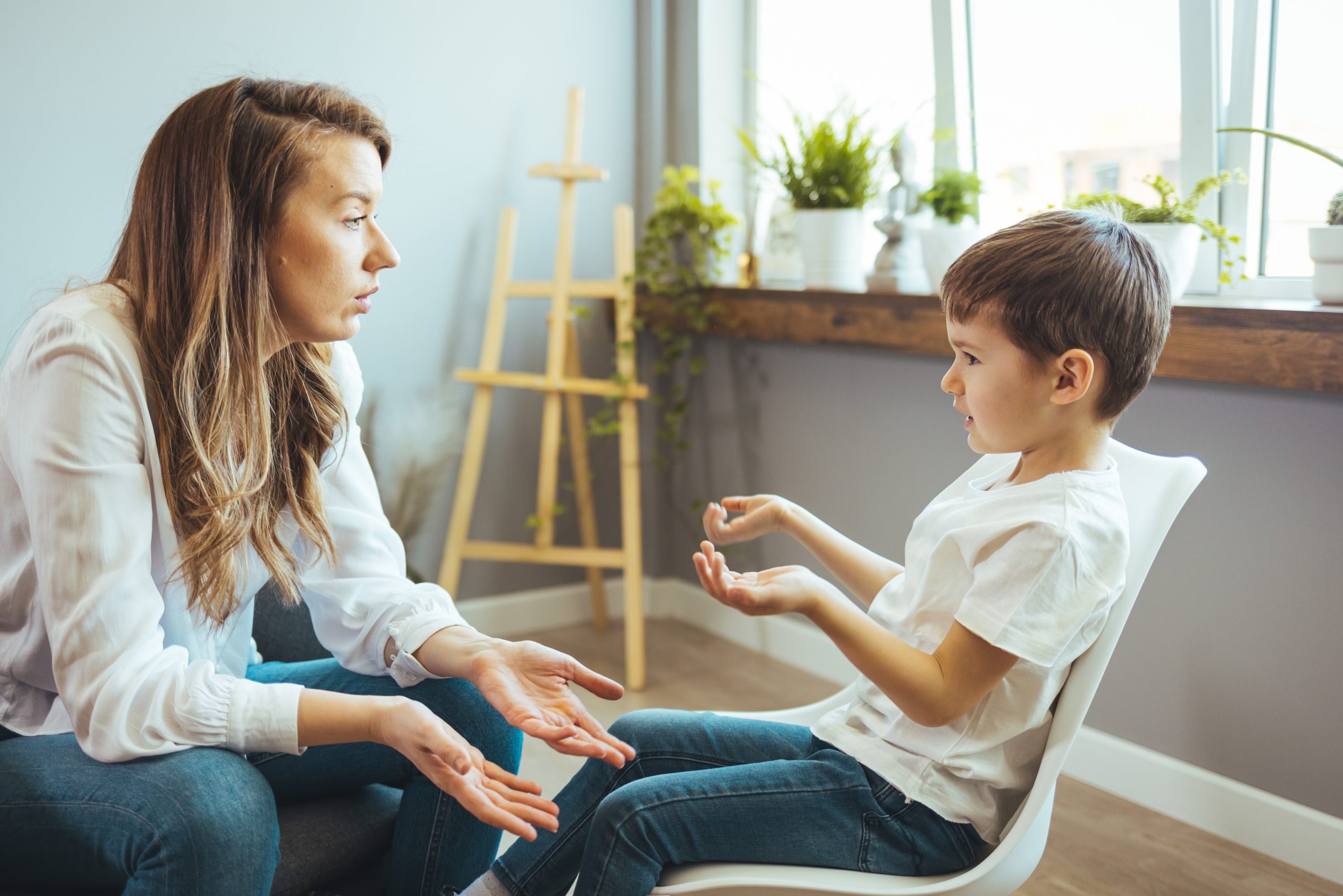When an older adult suffers from loneliness, the effect on his or her overall health is comparable to smoking 15 cigarettes a day.
That’s one way Dr. Kristina Zdanys, geriatric psychiatrist in the UConn Center on Aging, quantifies the impact of being alone.
“There are negative effects on physical health, there’s increased risk of cardiovascular disease and stroke, there are mental health implications in terms of anxiety and depression,” Zdanys says. “It impacts the risk of cognitive decline. So loneliness has been with us as a society for a very long time, and now it’s just magnified by the COVID pandemic.”
And even with the state starting to re-open, that loneliness is likely to persist, as many will be advised not to mix with the public, or simply may not be in a hurry to, out of an abundance of caution.
“I think we have a societal responsibility to be helping older adults in our community,” Zdanys says. “Remember that they’re going to continue to need some extra help going forward. So be there for them, offer them support, offer them resources they might not necessarily have.”
This transition also presents a teachable moment for children and teens, says Julian Ford, a clinical psychologist at UConn Health.
“If they see us as adults being responsible and taking care of those who depend upon us, whether they’re older adults or other members of our family, I think that youth will also follow along,” Ford says. “This could be a really wonderful, remarkable lesson in how to be a citizen and how to be a member of a community and a family.”
Adolescents are dealing with their own sets of challenges when it comes to coming out of the COVID-19 crisis, Ford says.
He and Zdanys were guests on the June episode of the UConn Health Pulse podcast, which is now available.



